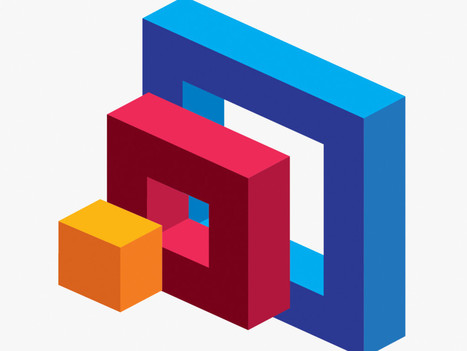Half a decade ago, Jonathan Heiliger compared the world of Internet data centers to Fight Club.
It was the spring of 2011, and the giants of the Internet—including Google, Amazon, and Microsoft—were erecting a new kind of data center. Their online empires had grown so large that they could no longer rely on typical hardware from the likes of Dell, HP, and IBM. They needed hardware that was cheaper, more streamlined, and more malleable. So, behind the scenes, they designed this hardware from scratch and had it manufactured through little-known companies in Asia.
This shadow hardware market was rarely discussed in public. Companies like Google saw their latest data center hardware as a competitive advantage best kept secret from rivals. But then Facebook tore off the veil. It open sourced its latest server and data center designs, freely sharing them with the world under the aegis of a new organization called the Open Compute Project. “It’s time to stop treating data center design like Fight Club and demystify the way these things are built,” said Heiliger, then the vice president of technical operations at Facebook.
Google was the first company to rethink data center design for the modern age.
With the Open Compute Project, Facebook aimed to create a whole community of companies that would freely share their data center designs, hoping to accelerate the evolution of Internet hardware and, thanks to the economies of scale, drive down the cost of this hardware. That, among other things, boosts the Facebook bottom line. It worked—in a very big way. Microsoft soon shared its designs too. Companies like HP and Quanta began selling this new breed of streamlined gear. And businesses as diverse as Rackspace and Goldman Sachs used this hardware to expand their own massive online operations. Even Apple—that bastion of secrecy—eventually joined the project.
Two big holdouts remained: Google and Amazon. But today, that number dropped to one. At the annual Open Compute Summit in San Jose, California, Google announced that it too has joined the project. And it’s already working with Facebook on a new piece of open source hardware.



 Your new post is loading...
Your new post is loading...








Open Compute has been transformative since day 1, and with Google finally joining, the number of missing elephants in the room has dramatically reduced.
What still puzzles me is the loud silence of European players in the field although we have a tremendous breed of companies and talent in that space. #HardwareIsNotDead
Open Compute has been transformative since day 1, and with Google finally joining, the number of missing elephants in the room has dramatically reduced.
What still puzzles me is the loud silence of European players in the field although we have a tremendous breed of companies and talent in that space. #HardwareIsNotDead
Book Now Hotel with cheap rate near Tajmahal on http://www.hotelatagra.com